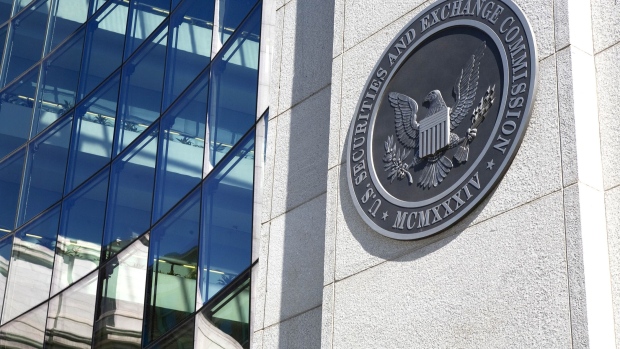Sep 14, 2020
SEC examining Nikola over short seller's fraud allegations
, Bloomberg News

The U.S. Securities and Exchange Commission is examining Nikola Corp. to assess the merits of a short-seller’s allegations that the electric-truck maker deceived investors about its business prospects, according to people familiar with the matter.
In a Sept. 10 report that has captured Wall Street’s attention, Hindenburg Research called Nikola an “intricate fraud” that, among other allegations, overstated the capabilities of its earliest test trucks. Nikola has pushed back, accusing the short seller of making misleading statements that were designed to manipulate its shares.
The tussle has prompted the SEC to examine Hindenburg’s claims to determine whether Nikola may have violated securities laws, said the people who asked not to be named because the inquiry isn’t public. The regulator’s review is preliminary and may not lead to allegations of wrongdoing.
Shares fell as much as 11.7 per cent in postmarket trading Monday, wiping out its earlier gain at the market’s close.
Nikola has encouraged the SEC to get involved. As its stock tumbled last week after the release of the short seller report, the Phoenix-based company said it reached out to the SEC to discuss its issues with the Hindenburg report, and ultimately held a call with agency officials on the morning of Sept. 11. Nikola says Hindenburg is attempting to profit from a “manufactured decline” in its share price.
“Nikola has contacted and briefed the U.S. Securities and Exchange Commission regarding Nikola’s concerns pertaining to the Hindenburg report,” the company said in a Monday statement. “Nikola intends to fully cooperate with the SEC regarding its inquiry into these matters.”
SEC spokeswoman Judith Burns declined to comment.
Hindenburg Founder Nathan Anderson said in a statement that he’s “encouraged that regulators are examining the situation.”
Hindenburg has a short position in Nikola shares and stands to benefit if the shares fall. Among Hindenburg’s accusations is that a 2018 promotional video was misleading because it gave the impression that a prototype was capable of being driven when the truck had in fact been rolled down a hill.
Nikola said Monday it never claimed the truck was driving under its own propulsion -- though it had described the vehicle as “in motion” in social media posts and other communications.
Nikola was little-known before it went public earlier this year through a reverse merger with a blank-check company. The company has recorded no meaningful revenue to date, yet its shares rose to almost US$80 a share in June, giving it a market valuation greater than Ford Motor Co.’s. After the short seller report came out, shares of Nikola wiped out all the gains since going public.
Nikola plans to start production of a battery-electric semi truck in Ulm, Germany, in a joint venture with CNH Industrial’s Iveco unit by the end of 2021. It also has a factory under construction in Coolidge, Arizona, where it hopes to begin mass production of fuel-cell semi trucks by 2023. However, it has yet to build any products.
Last week, General Motors Co. made a surprise announcement that it would take a US$2 billion equity stake in Nikola. The deal committed GM to manufacturing the startup’s debut electric pickup, called the Badger.






